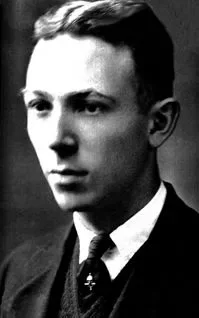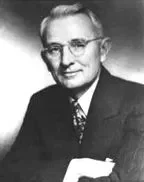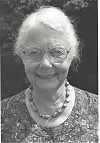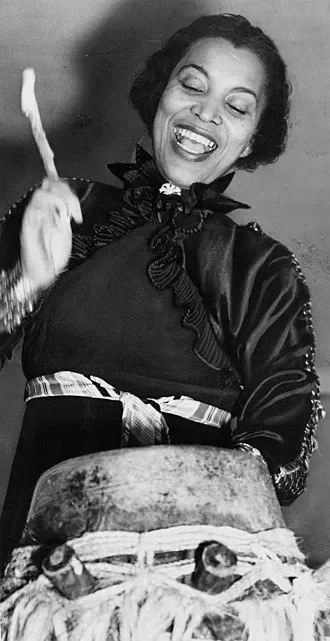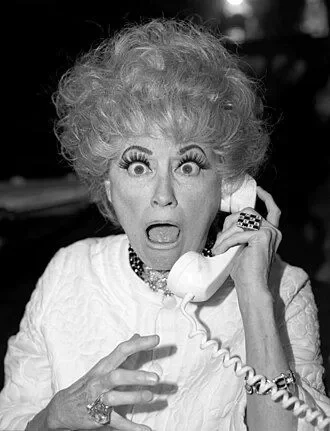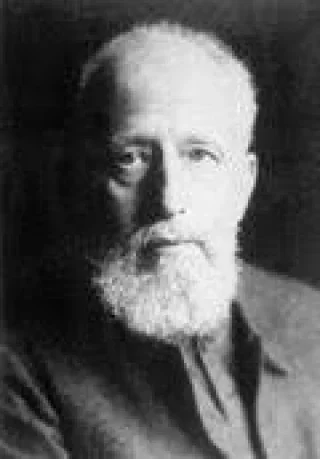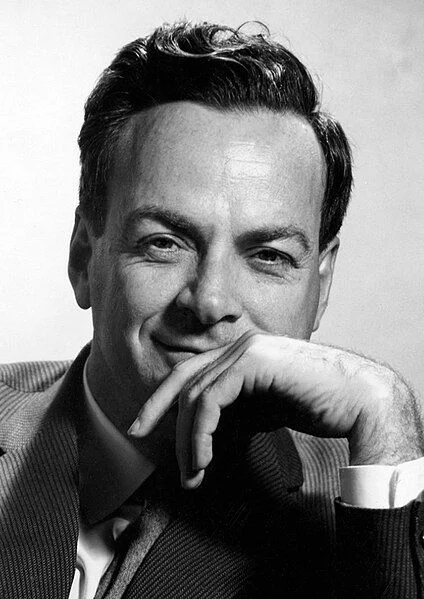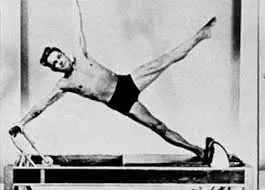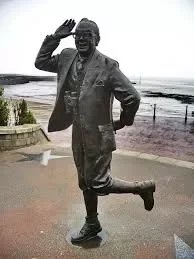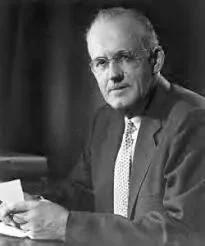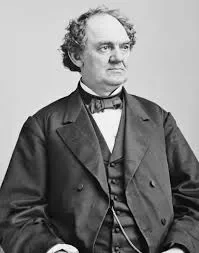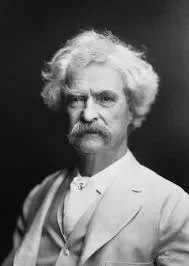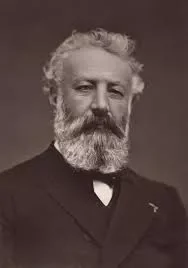Real Celebrities Never Die!
OR
Search For Past Celebrities Whose Birthday You Share
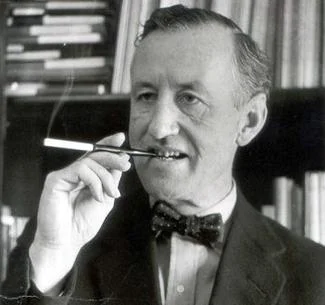
source:wikipedia.org
Ian Fleming
Birthday:
28 May, 1908
Date of Death:
12 Aug, 1964
Cause of death:
Heart attack
Nationality:
British
Famous As:
Author
Age at the time of death:
56
Ian Fleming's Quote's
Ian Fleming, the literary architect of the iconic James Bond, led a life as thrilling and multifaceted as his fictional creation. Born on May 28, 1908, into a wealthy London family, Fleming’s early years were marked by privilege and adventure. He attended prestigious schools like Eton and Sandhurst, where he honed his athleticism and leadership skills.
Early Life and Family Tragedy
Despite his privileged background, Fleming’s life wasn’t all sunshine and polo ponies. His father died in World War I, leaving a lasting emotional impact. After failing to secure a position in the Foreign Office, Fleming embarked on a series of intriguing jobs, including working as a journalist in Moscow and a stockbroker in the City of London.
World War II and Naval Intelligence
When World War II erupted, Fleming’s life took a dramatic turn. He landed a high-ranking position in British Naval Intelligence, where he devised ingenious deception plans and even helped crack the Enigma code. This wartime experience, filled with cloak-and-dagger operations and brushes with danger, would later fuel the adrenaline-pumping narratives of his Bond novels.
Golden eye and the Birth of James Bond
After the war, Ian Fleming settled into a comfortable life in Jamaica, where he built his iconic Goldeneye estate. It was here, amidst the lush Caribbean landscape, that he finally found his true calling: writing. In 1953, he penned “Casino Royale,” the first of his 14 James Bond novels, introducing the world to the suave, martini-loving agent 007.
Success and Cultural Impact
Fleming’s novels became instant bestsellers, captivating readers with their fast-paced action, exotic locales, and Bond’s irresistible cocktail of charisma and ruthlessness. The character resonated deeply with audiences, inspiring a cultural phenomenon that continues to thrive today, with blockbuster film adaptations and a dedicated fan base.
Later Years and Legacy
Ian Fleming’s later years were devoted to his writing career and the expansion of the James Bond universe. He passed away at the age of 56 on August 12, 1964, in Canterbury, Kent, England, shortly after the release of his 12th Bond novel, “You Only Live Twice.”
Ian Fleming’s life was a tapestry woven from privilege, adventure, and literary genius. He was a man of contradictions, a charming playboy with a sharp intellect and a keen eye for detail. But above all, he was the creator of James Bond, a literary icon who continues to captivate audiences around the world. Fleming’s legacy is a testament to the power of imagination and the enduring appeal of a good spy story.
Name:
Ian Fleming
Popular Name:
Ian Fleming
Gender:
Male
Cause of Death:
Heart attack
Spouse:
Place of Birth:
Mayfair, London, England
Place of Death:
Canterbury, Kent, England
Occupation / Profession:
Personality Type
Architect: Imaginative and strategic thinkers, with a plan for everything. Fleming’s WWII naval intelligence work demanded strategic thinking.
Fleming initially wrote his Bond novels in longhand, using yellow legal pads and a gold-nibbed fountain pen.
Fleming was a notorious prankster and loved playing mind games with his friends and colleagues.
He had a pet mongoose named Gonzo, who even inspired a villain in one of his novels.
He was a chain smoker, and his daily cigarette consumption reached an astounding 80 at one point.
Contributed to the planning of Operation Mincemeat, a successful World War II deception operation
Created the iconic James Bond character and wrote 14 Bond novels, which became international bestsellers
Served as a naval intelligence officer during World War II, involved in planning Operation Goldeneye and overseeing intelligence units
Worked as a journalist for Reuters, covering significant events like the Metro-Vickers trial in Moscow
Wrote the children’s book “Chitty-Chitty-Bang-Bang”, which was later adapted into a popular film

